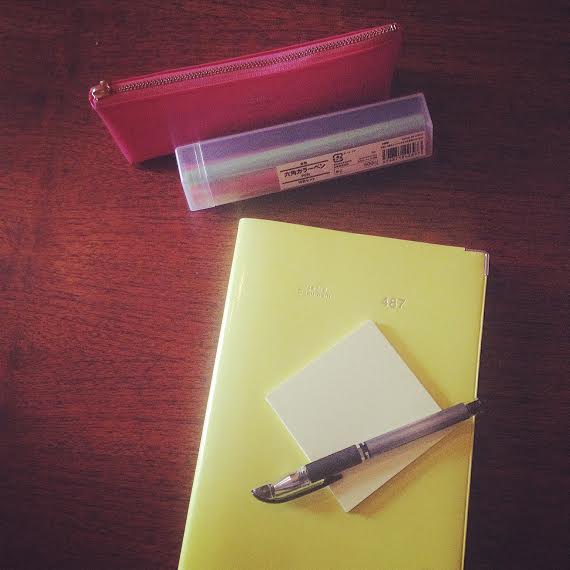For many academics, the most challenging aspect of the writing process is just that: the writing. Between the mountain of books that are always left to read, the fear of not living up to the material which you are discussing, and the various other engagements we all have, writing can be an intimidating and daunting process.
Thanks to the thriving online community of academics however, I know this is something in which I am not alone. As we become more comfortable with discussing issues of anxiety, mental health, and the huge amounts of work expected within academia, it seems that we are simultaneously becoming more comfortable with discussing their practical effects and manifestations, in this case, how such pressures can inhibit or even prohibit writing. At the same time, members of this online community are collaborating to find possible solutions to these problems. One of these solutions is #AcWriMo, or Academic Writing Month. Inspired by #NaNoWriMo (National Novel Writing Month), AcWriMo was established by Charlotte Frost of PhD2Published, with a view to encouraging participants to establish better (and less stress-inducing) writing patterns for their future academic research. Coming from the ‘little and often’ school of thought, AcWriMo is motivated by the belief that writing every day will not only make you a more productive academic, but a better writer in the long run.
For those of you who are new to AcWriMo, the guidelines are as follows:
1. Decide on a goal – This might take the form of hours to be spent writing or a number of words to be written per day/week, or could more generally be a list of the projects that you wish to complete during AcWriMo.
2. Declare it – AcWriMo is an inherently social undertaking, which takes advantage of a variety of social media platforms, including Facebook and Twitter, in order to create a community of engaged and supportive academics. It is to this audience to whom you declare your AcWriMo goals, providing accountability for either meeting (or not meeting) them. The best way to do this is to sign up on the AcWriMo spreadsheet, which includes spaces for your name, twitter handle, goals, plan, achievements and a daily progress log.
3. Draft a strategy – Deciding how and when you are going to write is crucial to succeeding during AcWriMo. Personally, I prefer long, clear spaces of time in which to write unimpeded, which, thanks to the administrative and pedagogical demands of academia, often means that writing gets pushed to the bottom of the to do list. However, one of my AcWriMo goals for this year is to learn to write whenever I have a free moment, even if what I come to write isn’t a perfectly polished piece of prose by the end of it – what matters is that I’m writing every day. One of the great things about AcWriMo is that it actively encourages its participants to be experimental – to write outside of your normal habits and timeframes, and using new techniques to do so. My favourite productivity hacks that I’ve discovered in previous AcWriMos have been the famous Pomodoro Technique, and PhD2Published’s own PhDometer2, a downloadable application which tracks and marks your writing progress.
4. Discuss progress on twitter – As well as declaring your goals publicly at the beginning of the month, regular updates via twitter will help to keep you accountable, whilst at the same time letting you know how everyone else is getting along. Use the #AcWriMo hashtag to find updates from fellow participants and to publicise your own progress.
5. Don’t slack off – This seems relatively obvious, given that this is a month dedicated towards making you as productive as possible, but it’s an important point to remember throughout the month. With marking, teaching prep, and various applications to get done this month, it’s tempting to think that you’ll just write tomorrow. However, the whole point of the exercise is to highlight that there’s NEVER going to be a good time to write, but if you’re committed to even a small amount every day, it will soon mount up, even when working on all of those other, similarly pressing, projects.
6. Declare your results – Announce your results at the end of the month. As the guidelines state on PhD2Published, we’re all human and will have varying levels of success during the month, but knowing what didn’t work is as important as knowing what did.
In the spirit of things, at the end of the month I’ll publish another post on here discussing my AcWriMo 2014 experience, including my goals and whether I met them, the methods I used during it, and what I’ll be taking forward into 2015. Good luck writing!


Reblogged this on poeticsofinteriority and commented:
I haven’t blogged here for awhile, but I’m going to start #AcWriMo214 this week. Better late than never. Also, during this busy time in the semester, it would be good to carve out time to focus on my own work and get one or two specific goals accomplished.
Good for you. I’d be interested to hear how you get on.